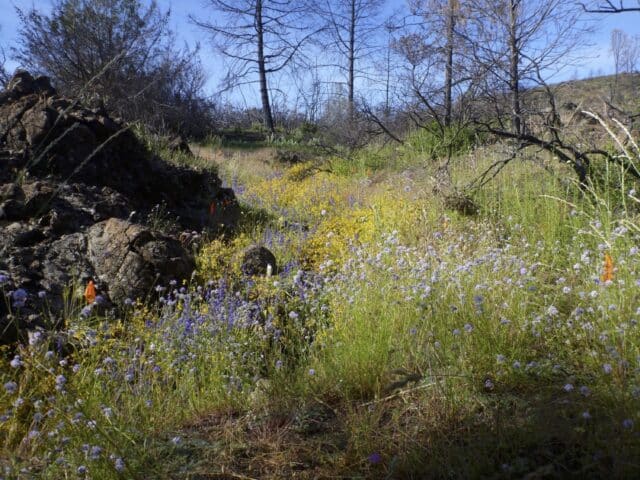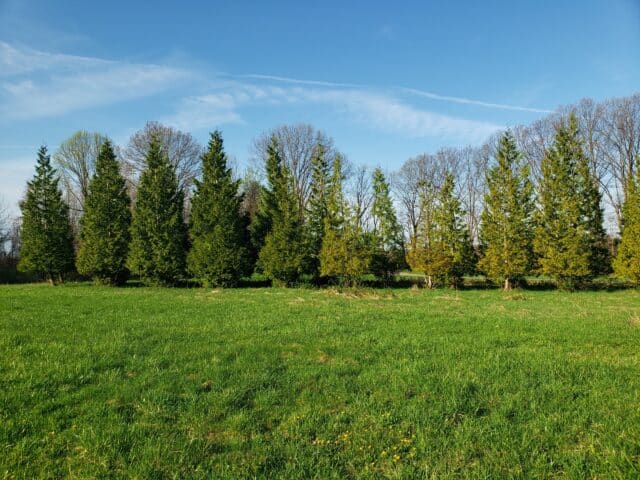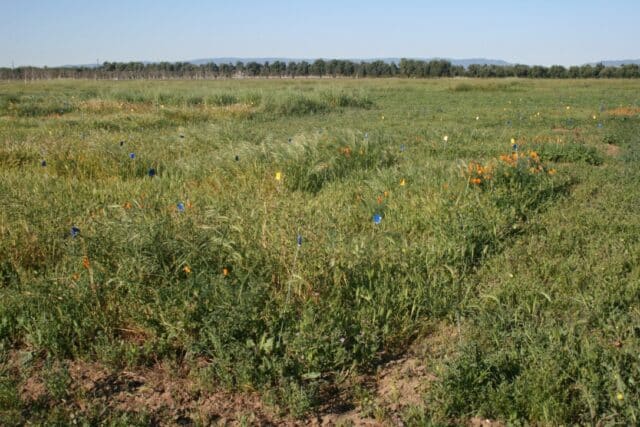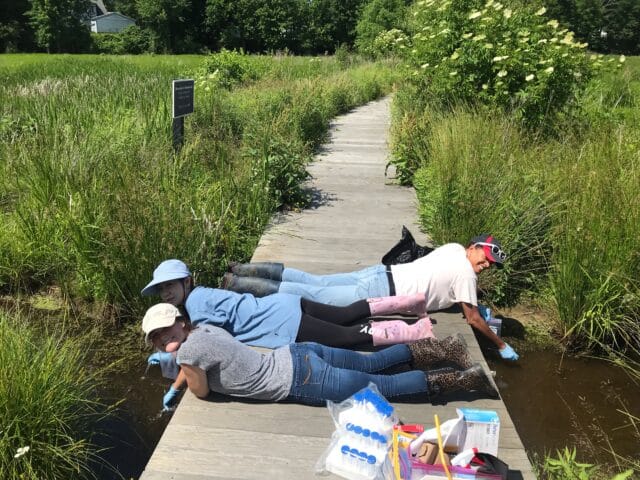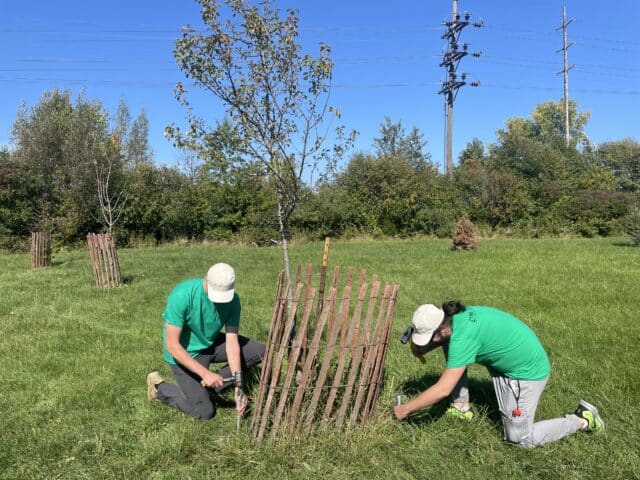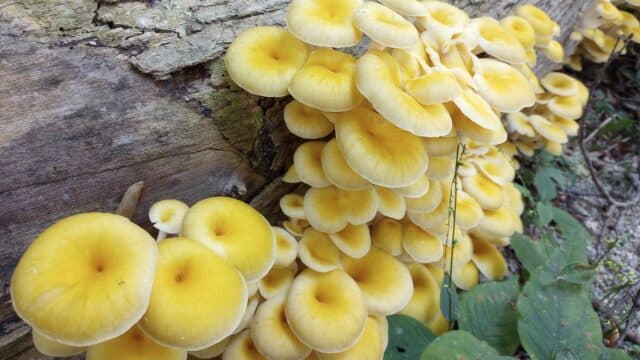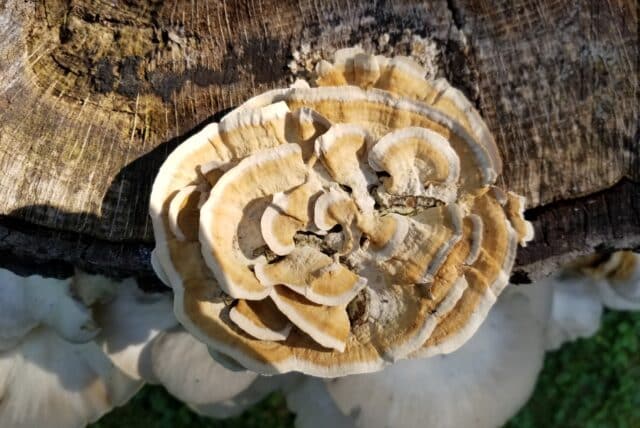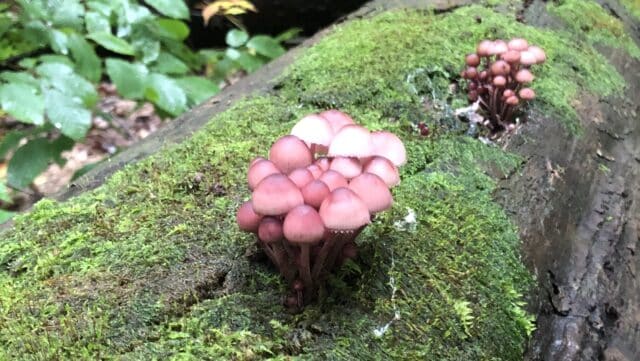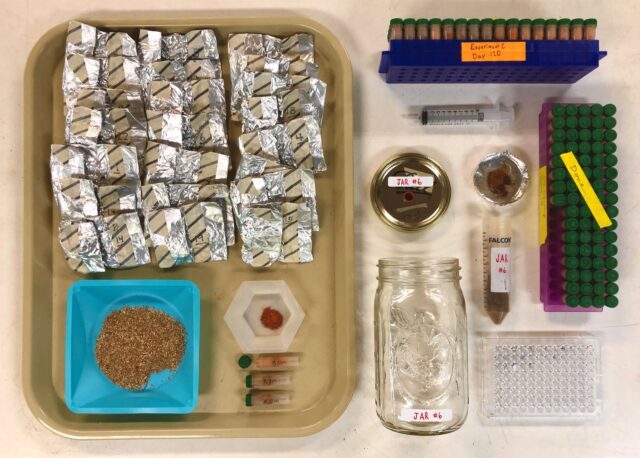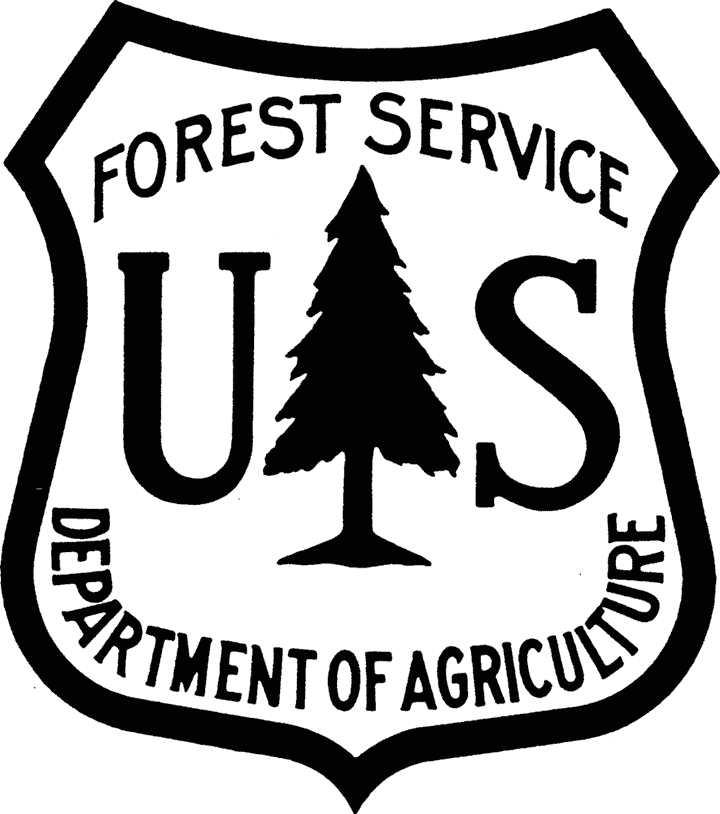
Holden Forests & Gardens Scientist Na Wei, Ph.D., and her collaborators from Oakland University andthe University of Pittsburgh decoded the scent of flowers and its influence on flower microbes.
Flowers are often fragrant. The scent of flowers is made up from diverse volatile organic compounds and is important to attract pollinators. Dr. Wei and the team found that these volatiles can also attract microbes that can consume the compounds as food and repel other microbes due to the antimicrobial functions of some volatiles. This finding is important for horticulture and agriculture because microbes on flowers can influence flower health and crop yield.
Wei N, Whyle RL, Ashman T-L and Jamieson MA. 2022. Genotypic variation in floral volatiles influences floral microbiome more strongly than interactions with herbivores and mycorrhizae in strawberries. Horticulture Research, 9, uhab005. https://doi.org/10.1093/hr/uhab005
Photo credit: Dr. Mary Jamieson, Oakland University

Na Wei, PhD
Scientist
My research program seeks to elucidate the ecological and evolutionary mechanisms that confer or constrain plant adaptation to rapid environmental change. Our lab studies eco-evolutionary adaptation through the lenses of ecology, genomics, and microbiome. By leveraging the biofuel plants (duckweeds, Lemnoideae) and crop wild relatives (wild apples or crabapples, Malus, and wild strawberries, Fragaria), our work addresses not only fundamental questions in evolutionary ecology and genomics, but also practical problems faced by agriculture, ecosystem management, and biodiversity conservation under climate change. Currently, we are working on (1) plant–microbe symbiosis, (2) adaptation conferred by polyploidy, (3) plant–pollinator interactions, and (4) agricultural and urban microbiomes.
